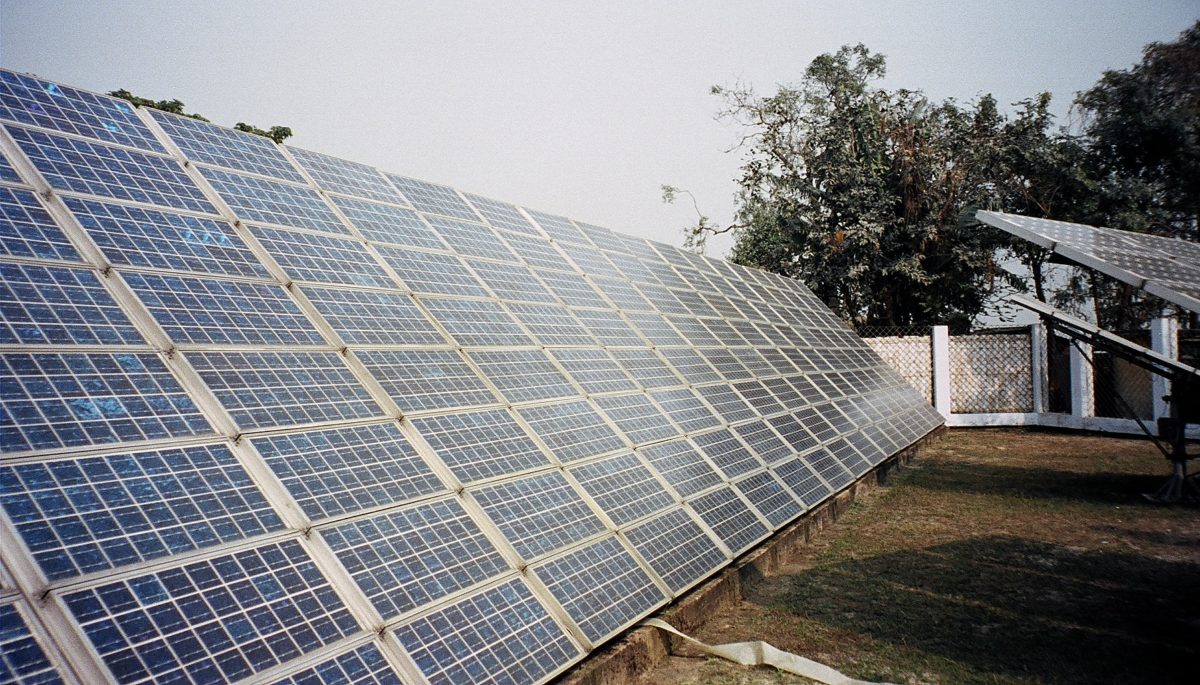Reuters has reported that India has blocked state authorities’ ability to cancel or negotiate any signed power purchase agreement (PPA) tariffs. They also reported that government release the official notification to impose a penalty of 50% of the tariff if PPA is arbitrarily scrapped by the state or the developer.
In May 2017, the bids for solar projects reached as low as INR 2.44 per kWh. Therefore, falling tariffs in the PV sector are resulting in power purchasers looking to renegotiate earlier agreements they had committed to at higher tariffs, putting INR 4,800 million ($7.5 billion) worth of projects at risk, according to rating agency CRISIL.
As also reported by Business standard, “In all, about 7 GW of solar projects tendered or awarded at tariffs of INR 5-8 per unit over fiscal 2015-2017 could be at risk,” said Prasad Koparkar, Senior Director at CRISIL Research.
PPAs or letters of intent for these capacities, in five major states (Uttar Pradesh, Andhra Pradesh, Karnataka, Telangana and Punjab) were inked at tariffs 12-66% higher than the APPC (average power purchase cost) of these states, added Koparkar.
The Indian Bank's Association (IBA) realized this issue of falling tariffs and called for power ministry intervention in any negotiation of electricity tariffs by the states. They warned that related projects would become unviable and may lead to an increase in bad loans.
“Tariffs including FITs should not be revised downwards after signing PPAs or after a project is set up under the state policy,” IBA said in a letter written to the Power Secretary in the first week of August, cited on Money Control business portal.
India’s Ministry of New and Renewable Energy (MNRE) released the new guidelines for Tariff Based Competitive Bidding Process on August 3, 2017, to further reduce risk, enhance transparency, and increase the affordability of solar power.
This content is protected by copyright and may not be reused. If you want to cooperate with us and would like to reuse some of our content, please contact: editors@pv-magazine.com.



1 comment
By submitting this form you agree to pv magazine using your data for the purposes of publishing your comment.
Your personal data will only be disclosed or otherwise transmitted to third parties for the purposes of spam filtering or if this is necessary for technical maintenance of the website. Any other transfer to third parties will not take place unless this is justified on the basis of applicable data protection regulations or if pv magazine is legally obliged to do so.
You may revoke this consent at any time with effect for the future, in which case your personal data will be deleted immediately. Otherwise, your data will be deleted if pv magazine has processed your request or the purpose of data storage is fulfilled.
Further information on data privacy can be found in our Data Protection Policy.